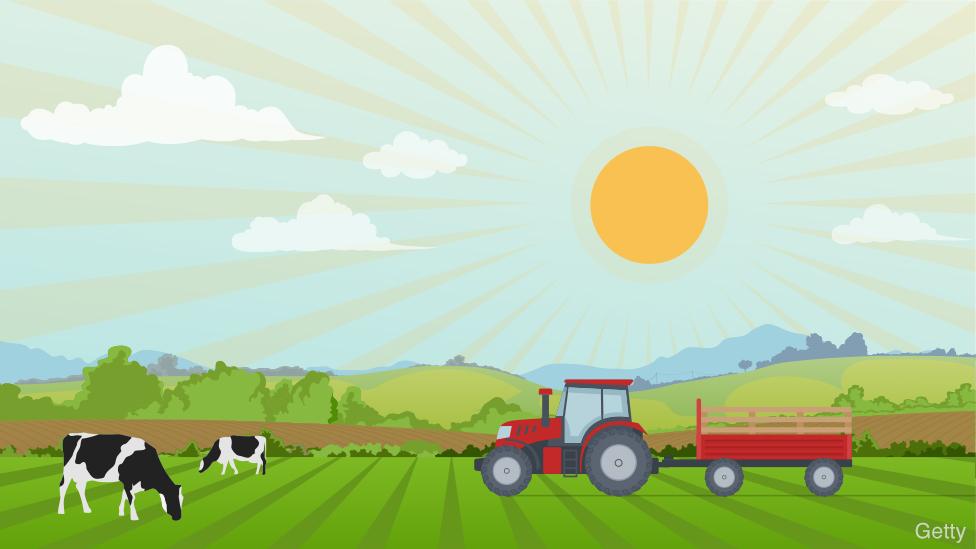Pevensey farmers work together to preserve wetland habitat
- Published
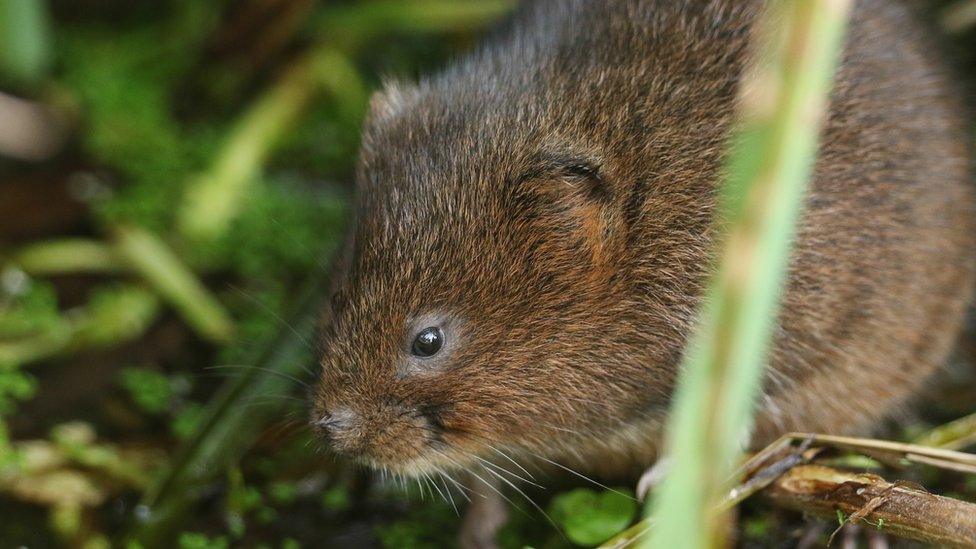
The water vole is one of the rare species the farmers hope to encourage to return
More than 60 farmers are working together to care for rare wildlife in East Sussex.
The Pevensey Levels Farmers Clusters group uses sustainable methods on low lying wet grasslands at Pevensey.
The farmers are eligible to apply for funding from Natural England, which is only open to groups collectively farming more than 5,000 acres (2,000 hectares).
The funding subsidises the farming, which would be uneconomical otherwise.
David Harding's organic livestock keeps the grass at the right level to help native birds such as the lapwing feed and breed.
The lapwing had diminished dramatically over the years, he said, with "precious few left".
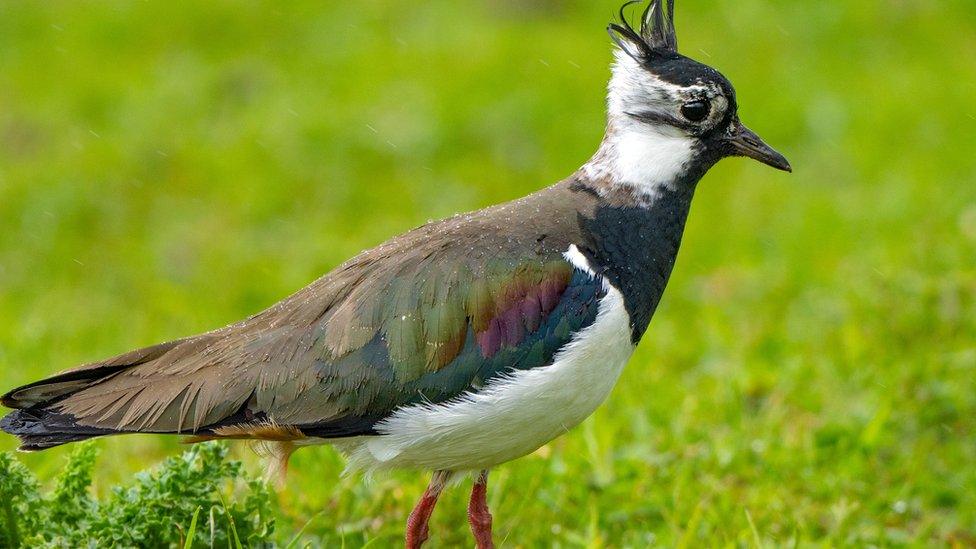
The lapwing is another rare species farmers hope will return to Pevensey
"It's really trying to let the wildlife do its own thing without interfering by [using] nasty chemicals" he said.
He said they had created a reed bed that was generating a huge amount of wildlife, particularly invertebrates, and could lead to the return of water voles, once the invasive mink that preyed on the rodents was eradicated.
"It's tiny things like the shining ram's horn snail in the ditches, and that goes all the way up to the birds," Mr Harding added.
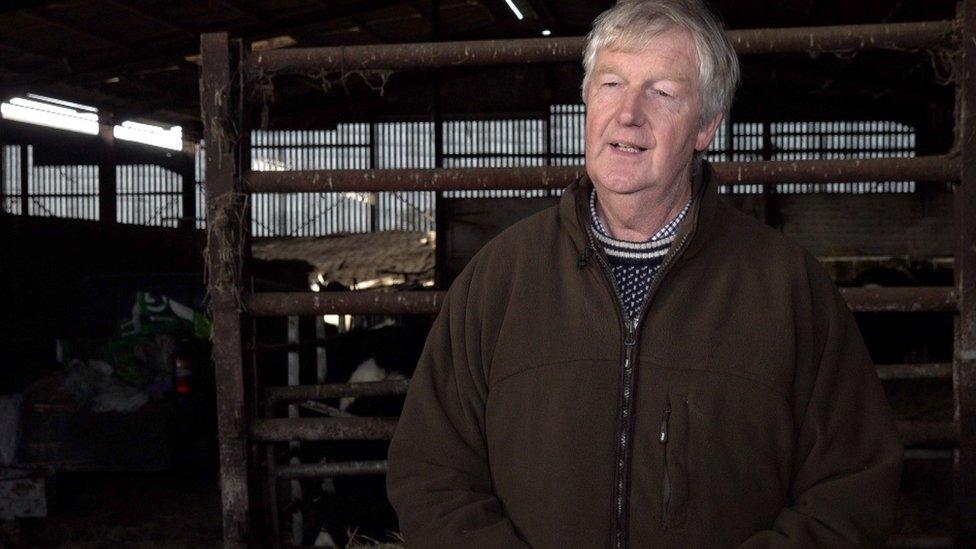
David Harding's organic livestock grazes land to help encourage native birds
Over the past century a lot of the marshes were drained for agriculture, but these farmers work closely with environmental groups like the Sussex Wildlife Trust.
Jamie Parsons from the Trust said because droughts were becoming more and more common, "we're seeing this site dry up and that's threatening all the rare species that rely on this wetland".
As well as providing special habitats for wildlife, wetlands store carbon and stop flooding, which conservationists say are crucial elements in fighting climate change.

Follow BBC South East on Facebook, external, on X, external, and on Instagram, external. Send your story ideas to southeasttoday@bbc.co.uk, external.
Related topics
- Published15 January 2023
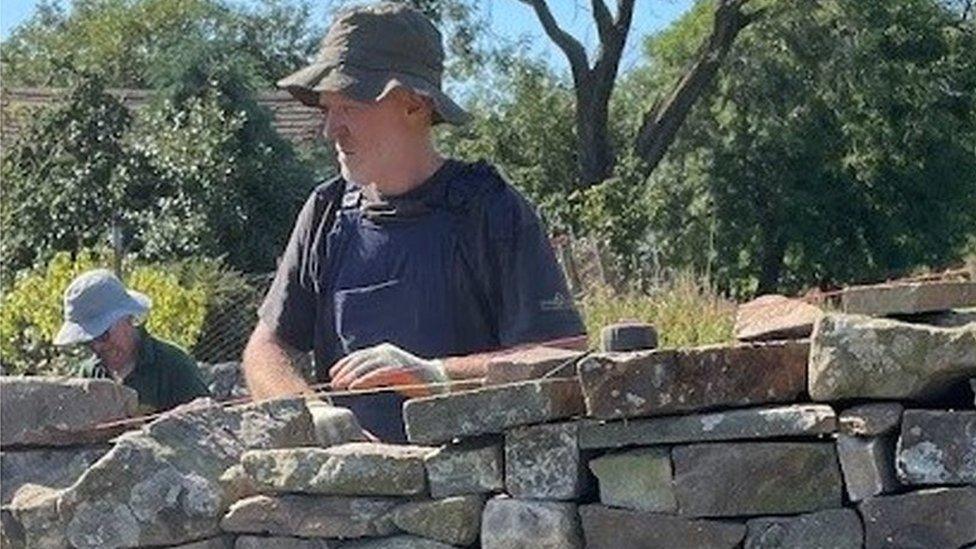
- Published3 January 2024
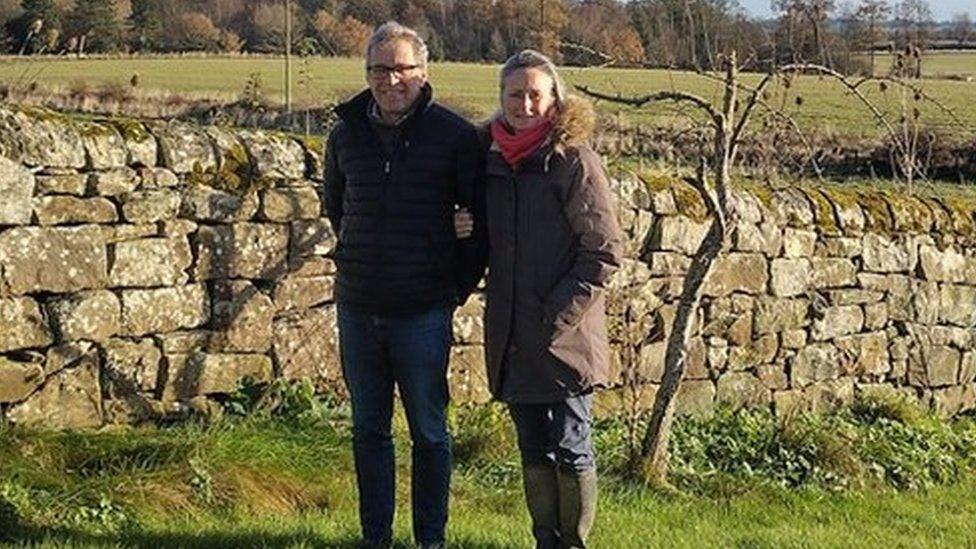
- Published4 September 2023
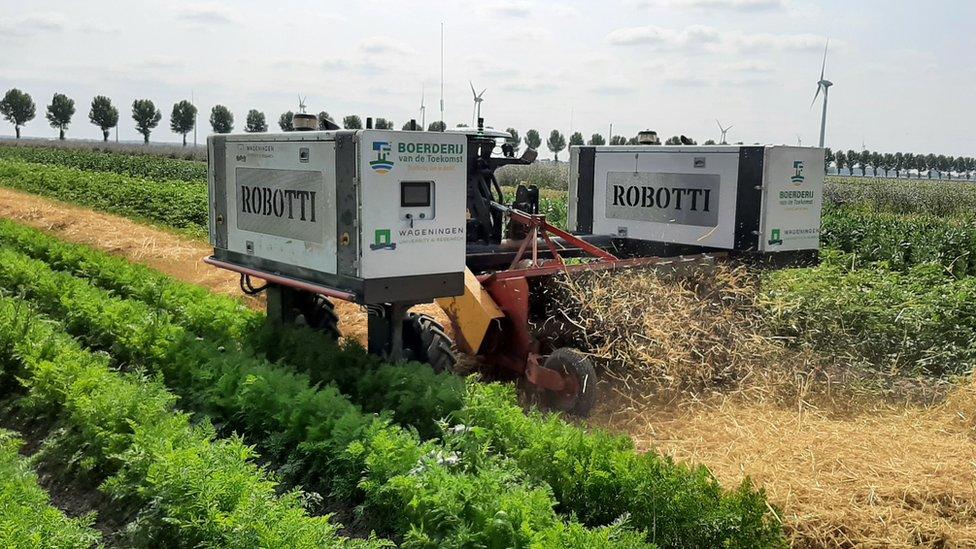
- Published17 February 2023
- Published1 December 2022
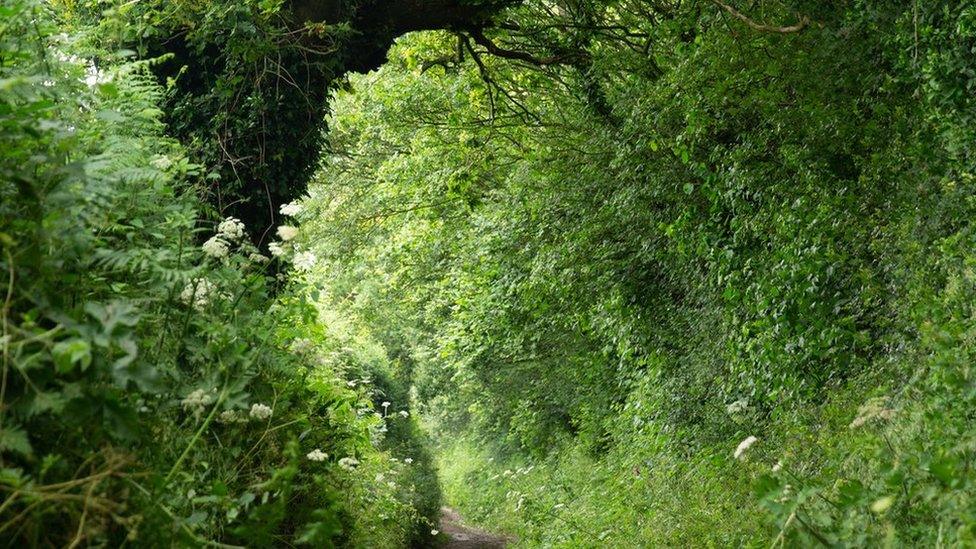
- Published9 September 2019
